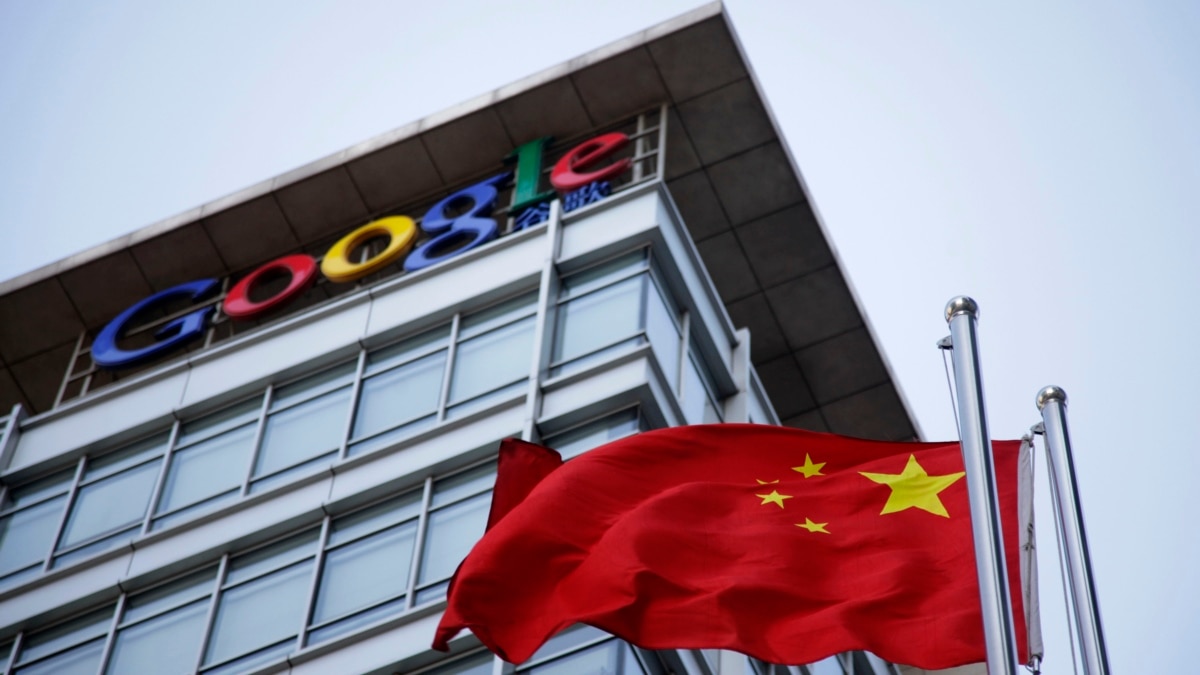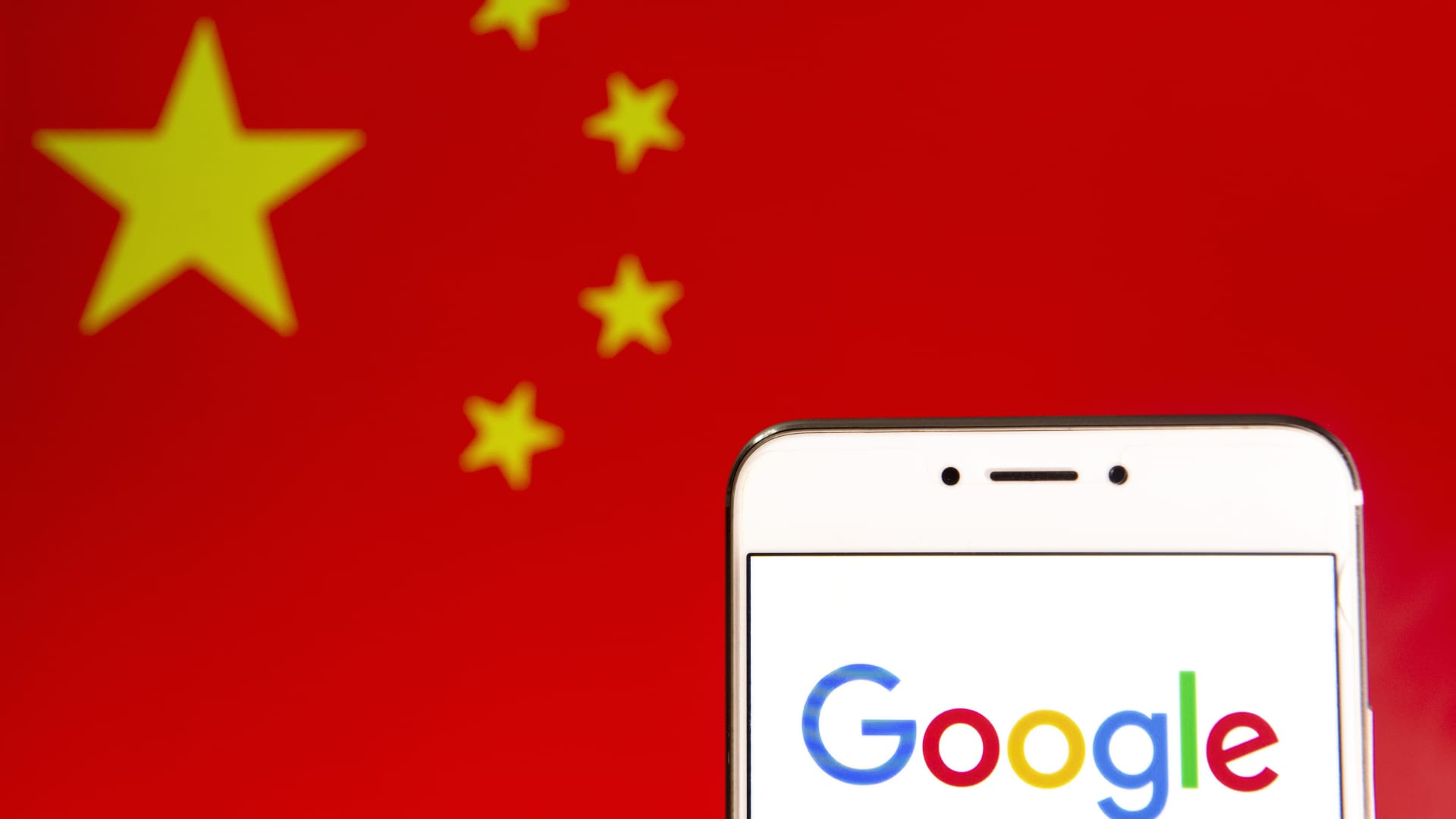
Google has ended its Google Translate service in mainland China, citing "low usage" of one of its flagship products by mainland China users.
The move surprised users, who said they first noticed not being able to access the function over the weekend.
"The Google Translate mobile app was also discontinued a year ago in 2021," a Google spokesperson told VOA on Monday in response to a request for further details on the company's decision.
The translation service had been available to mainland Chinese users since 2017.
While The Associated Press reported Monday that "it is not clear how many users were using Google Translate in China," the South China Morning Post cited an international data tracking company’s figure of 53.5 million visits to the platform in the month of August alone.
AP noted that "the translation feature built into the Google Chrome browser also no longer functions for users in China."
Wei Jingsheng, a leading Chinese dissident living in exile in the United States, told VOA in a phone interview Monday that in his view, Google has been trying to put on a "balancing act" — maintaining its reputation and credibility as a global internet giant operating around the world while finding a space to operate in the highly restrictive environment in China.
"It is safe to anticipate that the company is constantly under pressure from the Chinese government to meet its demands," Wei told VOA.
"We don't know what exactly lay behind Google's decision to pull its translation service from China. Fifty-three-point-five million is not a small number," he said, referring to the figured quoted by South China Morning Post.
Difficult foothold
Google said its mission is to "organize the world's information and make it universally accessible and useful." But as various media have reported, the California-based internet giant’s path to spreading its wings in mainland China over the past two decades has not been smooth.
The company pulled its search engine from the Chinese market in 2010 after the company became unwilling to abide by China’s censorship rules, AP reported on Monday.
Chinese platforms must "strictly" abide by Chinese authorities’ censorship rules and “censor keywords and topics the authorities deem politically sensitive,” AP said.
AP added that China later moved to block other Google services such as Gmail and Google Maps and noted that Google was not alone in being blocked or otherwise restricted. Chinese users are also not allowed to have Facebook accounts.
Media outlets including TechCrunch — which was the first to report Google’s shutdown of the translation platform — noted that Google’s decision came two weeks before the 20th National Congress of the Chinese Communist Party, scheduled to begin on October 16.
"The Chinese government has previously blocked Google services around major political events and politically sensitive anniversaries like that of the Tiananmen Square massacre," the online publication of high-tech news said.
Google did not respond to VOA’s question about any potential connection between the translation service being discontinued and the Communist Party Congress.
Although China boasts the world’s largest internet market, when it comes to political topics, Chinese authorities are known to impose strict limitations as to what information Chinese citizens can access or have the freedom to discuss.
Official versions of political events like the upcoming Communist Party Congress are routinely disseminated from national media down to provincial, city, county, township and village levels through a vast network of state media.
Wei explained that Chinese citizens often turn to foreign sources to get a fuller picture of what goes on behind the scenes at the Congress and other news about their own country, due to a lack of trust in official media.
"They can just copy and paste foreign-language text" and get it translated into their native language with Google Translate, he said.
"People often feel that there’s better privacy protection when they use Google and other foreign companies’ products," Wei added, since Chinese domestic companies are uniformly obligated to comply with government requests for user information.
State institutions taking notice
Although Google Maps and now Google Translate are not accessible to ordinary Chinese users, Chinese state institutions, including state media, have been paying attention to Google's capacity.
On April 18, two months into Russia’s invasion of Ukraine, People's Daily Online, one of China’s leading state media, posted on Weibo — a Twitter- and Instagram-like social platform — a China Central Television report that Google Maps provided satellite imaging of "all of Russia's military and strategic assets with the highest definition."
That post received 123,000 "likes," and was reposted more than 5,200 times. A commentator under the name of "boyfriend of the nation" wrote, "Look everyone, this is what we will encounter later on."


